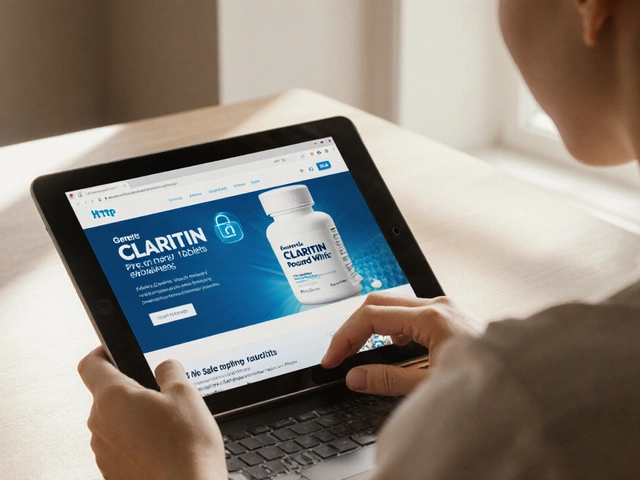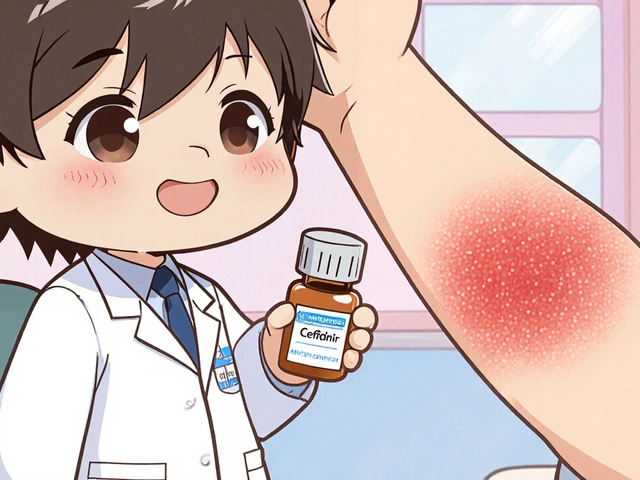Creatine Supplementation: What You Should Know
Creatine is one of the most popular supplements out there, especially if you’re into fitness or looking to boost your muscle performance. But it’s not just for bulking up at the gym. People use creatine for various health reasons, including supporting brain function and energy levels.
So, what is creatine? Simply put, it’s a natural compound stored mostly in your muscles and used to produce energy during short bursts of intense activity. When you take it as a supplement, you’re basically increasing your body’s reserve to help work out harder or longer.
How Creatine Works and Why It Helps
Creatine works by replenishing a molecule called ATP (adenosine triphosphate), which is your cells’ main energy source. During things like weightlifting or sprinting, your ATP gets used up quickly. Creatine helps produce more ATP, giving your muscles the fuel to keep going.
This means you can experience better strength, more power, and often faster recovery. Research shows that creatine isn’t just for athletes; it can help older adults improve muscle health and even support brain energy, potentially aiding cognitive functions.
Safe Use, Dosage, and What to Expect
To get started, many people use a loading phase of about 20 grams a day split into 4 doses for 5-7 days, then switch to a maintenance dose of 3-5 grams daily. However, skipping the loading phase and taking 3-5 grams per day also works fine—it just takes a bit longer to feel the effects.
Hydration is key when taking creatine. Drinking plenty of water helps avoid cramps or bloating, which some users experience if they don’t stay hydrated. Also, choose a reputable creatine monohydrate product—it’s the most studied and proven form.
People often ask about side effects. Creatine is generally safe for healthy adults. You might notice mild water retention in muscles, but serious issues are rare. If you have kidney problems, though, check with your healthcare provider first.
Overall, creatine supplementation is simple, affordable, and effective. Whether you’re aiming to improve your workouts, support aging muscles, or boost brain power, it can be a worthwhile addition to your routine. Just be consistent, stay hydrated, and keep expectations realistic—creatine helps, but it’s not magic.
Does Creatine Cause Hair Loss? Evidence, Dosage, and Real Risks Explained

This article dives deep into the real relationship between creatine supplementation and hair loss, sorting fact from fiction. We break down scientific studies, share expert quotes, and discuss proper dosage. You'll also get practical tips for safe creatine use and learn about related risks for athletes. The focus is on helping you make an informed decision about creatine without getting bogged down by myths.
read more



